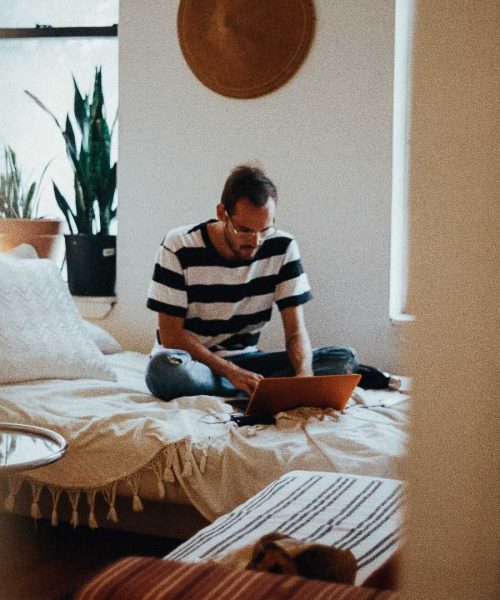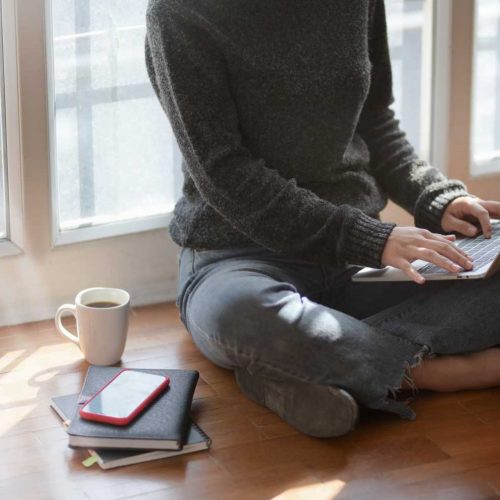To read our reports as soon as they are published, please sign up for our newsletter by sending us an email at workingathome@stir.ac.uk
Gender Issues - The place for women’s work is in the kitchen? The location of work during the COVID 19 pandemic & beyond
March 2021
Opinion piece to the Women & the pandemic campaign, The Emerald Publishing by Mallet O, Marks A, Skountridaki L, Zschomler D

Written submission to the House of Lords COVID -19 Committee's Call for Evidence on the impact of digital technology on wellbeing
December 2020
House of Lords COVID -19 Committee – Call for Evidence
How may the rapidly increasing reliance on digital technology, accelerated by the pandemic, have a long-term impact on our social and economic wellbeing?
Written evidence submitted by the Working@Home project

Research note: Organisational support for the work-life balance of home-based workers*
October 2020
As organisations figure out the best way for staff to work remotely, we hear a lot about technology, as well as emotional support, staying connected, and communicating changes clearly. But don’t underestimate the importance of tangible materials such as desks, monitors, and chairs:
The initial results of our study suggest that, in terms of work-life balance, home-based work is most effective when there are budgetary allowances and resources in place to enable employees to quickly and simply adjust their homeworking environment and best utilise IT tools.
*This is a pre-publication version of the following article, published by the British Psychological Society: Skountridaki, L., Zschomler, D., Marks, A. and Mallett, O. (2020). Work-life balance for home-based workers amidst a global pandemic. The Work-Life Balance Bulletin, 4(2): 16-22 (accessible here)

Initial Findings: Interviews
May 2020
The COVID-19 outbreak has forced companies and individuals to embrace home-based working at such speed and intensity that they have had little opportunity to consider the impact.
While some have suggested this as a new opportunity for employers to embrace flexibility, there are real concerns about poor work-life balance and enhanced domestic tensions.
The current situation is an unprecedented challenge that the Working@home project seeks to explore in all its aspects.

Initial Findings: Online Surveys
June 2020
The first (nearly) 400 respondents to our survey report on their working space, support from their employer, household relations and their wellbeing, amongst others. Here is what they say:
- One in three of our respondents (34%) share their home working space
- Over a third of our respondents (37%) report that household conflicts have increased.
- Wellbeing: Nearly one in four of our respondents report they are doing poorly or very poorly in terms of general health